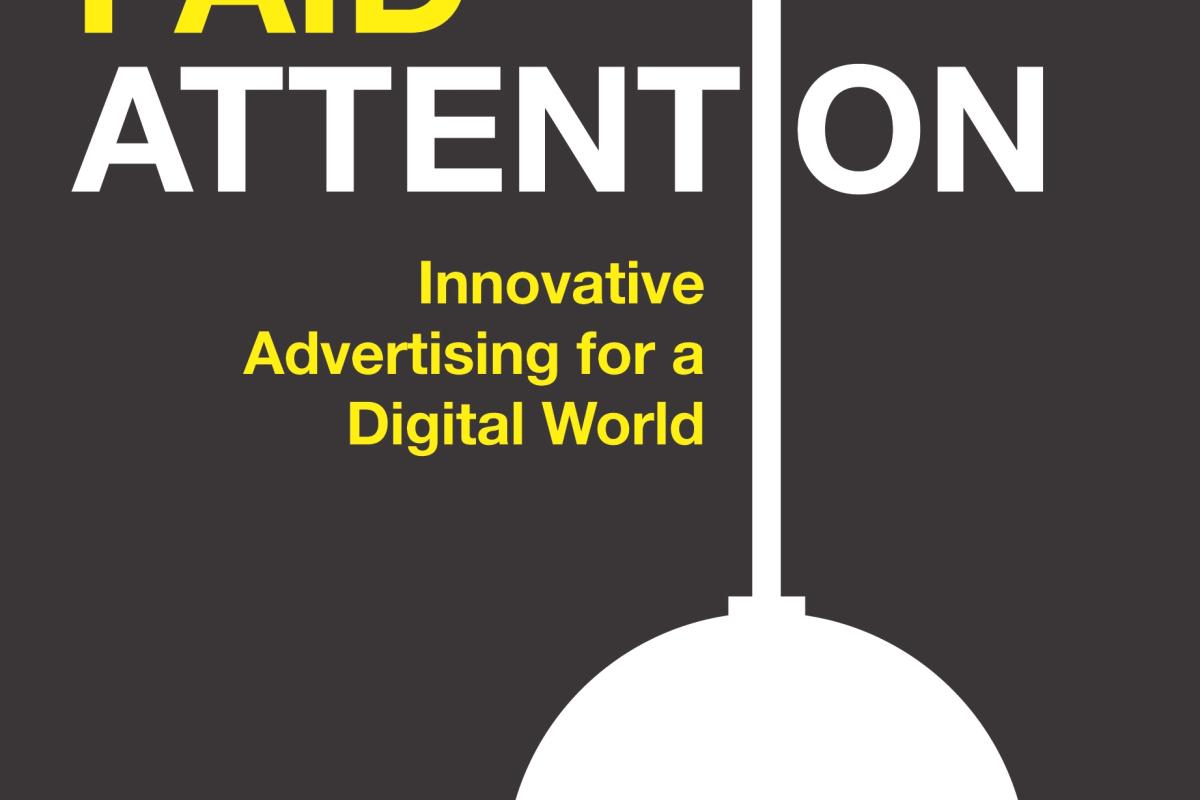Other reviewers have described the experience of reading this book as ‘a roller-coaster ride’, or like being a pinball in a machine. I can endorse that, if maybe not in quite the way they meant – I was continually stimulated, not always sure where I was going, and found myself half the time wanting to cheer but the other half wanting to argue loudly (my copy is now covered in ticks, underlinings, scrawled comments and the occasional expletive).
But at the end of it, I realised that my own thoughts had been considerably helped, even though I still wasn’t quite sure where I’d been or what connected argument the author was making.
Faris Yakob has been hailed as a guru, and that word means teacher, so perhaps in that context the book does what he intended. He has a fondness for McLuhanesque aphorisms – eg “the mass media has been forced to make room for the media of the masses”, or “All media are social” – and maybe the best thing to do with those is to chew on them rather than swallow or spit them out. And if you take the whole book in that spirit, it’s a lively contribution to the conversation we need to be having about the revolutionary changes taking place in the previously settled ecosystem of advertising media.
But what I found frustrating, at the time, was the way something I’d applauded often appeared to be forgotten again a few pages later. So – to take a significant example – although there’s a great deal about the importance of ‘low-attention processing’ and frequent acknowledgement that advertising works in complex ways, the theme of ‘attention’ as flagged in the title keeps popping up without qualification as if it were always essential. Yet maybe only now can we appreciate that a singular achievement of the long era of spot TV was its ability to deliver advertising in such a way that it was largely tolerated without attracting too much conscious attention – something that may be hard to recreate now that both the tacit contract with the viewer and the business model that made this possible are, perhaps irrevocably, breaking down.
The word ‘content’ appears a lot, as you would expect, and it’s more than once defined in binary opposition to ‘advertising’: “Content is something a consumer would choose to consume. Advertising is something a brand wants to say about itself.” This conceals the fact that much successful advertising has itself been something people ‘choose to consume’, as well as suggesting to the careless reader that if you call something ‘content’ then people will automatic- ally consume it. Again, it feels unfair to make the criticism because there’s much elsewhere in the book that supports these points, but too often I felt we were reverting to a default view of advertising as nothing more than an intrusive and unwelcome sales pitch. This is a common misunderstanding (largely thanks to the influence of Rosser Reeves, I suspect), but unless we can properly appreciate the full range of ways in which advertising has been effective in the past 150 years, we will struggle hopelessly to make sense of it in an unknown future.
Because this future is unknown. It is still emerging and we don’t know what sort of pattern it will settle into, or when, or whether it will at all. Most commentators on this make two mistakes. They sound far too confident that they know what the future will look like, and how to deal with it. And they tend to talk it up as being a great opportunity, by stressing the potential of the wealth of data, individual targeting, interactivity, or social media. Yet the real usefulness of all these things is – to put it modestly – still to be proven. (And the chapter about social media in this book already feels, dare I say it, a little outdated, as ‘social’ fails to live up to the great things promised for it.)
Let’s accept that the changes to our delicately balanced media ecosystem are far-reaching and disruptive, but we might just as well see them as threats, or at least challenges, for advertisers, to be negotiated with care and perhaps a degree of humility. It’s not inconceivable that we will end up in a world substantially without TV advertising, and neither pre-rolls nor the occasional ‘viral’ YouTube video will make up for that. The fact is, though, that it hasn’t happened yet, and we don’t really know what that would be like, or what the effective, scalable response might be.
Despite my criticisms, I have been greatly stimulated by this book and will return to it – and probably argue with it again. I recommend you sign up for Professor Yakob’s seminar – but don’t be afraid to answer back.
